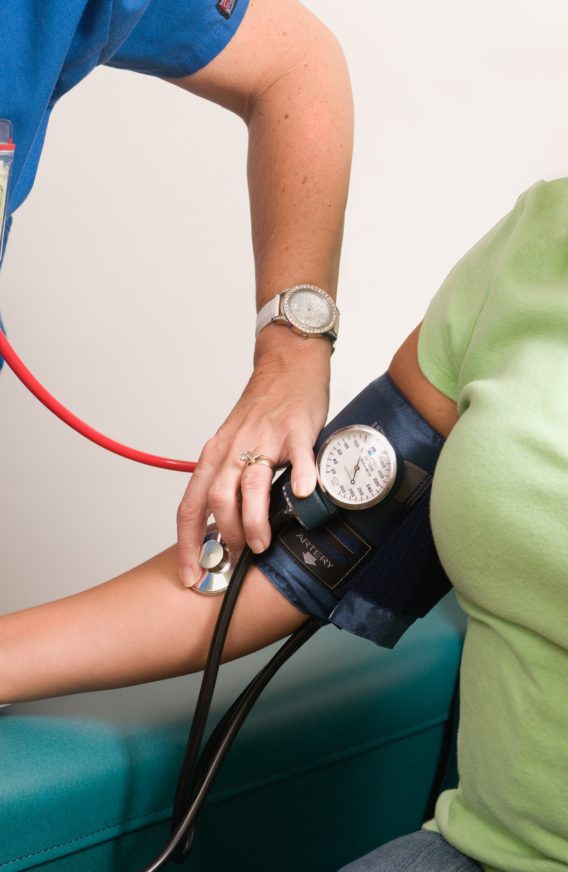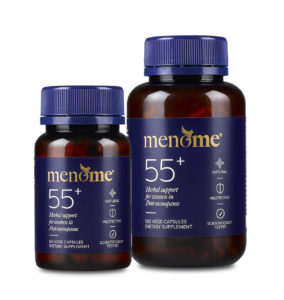7 Heart-Healthy Facts About Enzogenol & Post-Menopause You Need To Know

Enzogenol® is one of the ingredients we use in MenoMe® 55+ because it’s a wellness powerhouse. The evidence is in! From blood pressure to blood circulation science shows Enzogenol® is good for our hearts.
Heart Health Fact 1
What Is Enzogenol®

Enzogenol® is a pure and natural extract sourced from the bark of Pinus radiata trees grown in New Zealand forests.
The substance itself is extracted from the trees using purified water and an environmentally friendly water extraction method.
Numerous Enzogenol® clinical studies have been published in scientific literature. As a result, its wide range of health benefits including heart and eye health and cognitive function are increasingly recognised.
Heart Health Fact 2
Enzogenol® contains a potent combination of proanthocyanidins (PACs) and bioflavonoids that deliver powerful antioxidant and anti-inflammatory properties.
Another key point is that there is more and more evidence showing that proanthocyanidins can be of benefit in heart disease
To clarify, proanthocyanidins are a complex group of flavonoids or polyphenols and they give some foods their rich colour.
Proanthocyanidins are found in berries and grapes, nuts, beans, sorghum, cocoa, cinnamon and red wine.
Of course, if you love science-speak you can go deeper into it here.
Heart Health Fact 3
Hailed as a “super-antioxidant” Enzogenol® is several times more active than vitamin C, grape seed and other pine bark extracts. This means it’s pretty darn good at reducing oxidative stress.
Its power was measured on the ORAC scale which stands for Oxygen Radical Absorbance Capacity. ORAC is a lab test that measures the antioxidant strength of foods against molecules that generate free radical activity leading to oxidative stress.
Oxidative stress in the body can build up over time, particularly in the modern world we live in. It plays an important role in the ageing process and is damaging to DNA and cellular function. Moreover, oxidative stress plays a role in the development of diseases such as CVD.

Heart Health Fact 4
Nutritional research has shown that Enzogenol® supports cardiovascular health through supporting healthy blood vessel elasticity.
Heart Health Fact 5
Other studies have shown that Enzogenol® has a beneficial effect on blood plasma viscosity. This is the thickness of the liquid part of your blood, which is sometimes measured to monitor inflammation in the body.
This relates to blood circulation as well and Enzogenol® has also been shown to contribute to healthy circulation.
During research, blood flow in the forearm was measured by plethysmography and increased significantly. In addition, plasma viscosity was reduced by a small but clinically significant amount.
Heart Health Fact 6
Enzogenol® aids healthy blood pressure. Indeed, hypertension (high blood pressure) is one of the common factors of growing older.
During Enzogenol® trials, systolic blood pressure was changed from 130mm Hg to 123 mm Hg after six weeks. A reduction in systolic blood pressure has been linked to reduced incidence of heart failure, stroke and death.
In another study on the role of proanthocyanidins for treating blood pressure, positive findings were reported when used as both treatment and prevention.

Heart Health Fact 7
Further research discovered Enzogenol® boosts healthy fibrinogen levels which helps form blood clots to stop bleeding.
If your fibrinogen is too low you’re at risk of incidents such as bleeding after surgery. On the other hand, if it’s too high you’re in danger of blood clots which raise the risk of heart disease, stroke and high blood pressure.
Reasons for high fibrinogen include:
- Infection
- Injury
- Inflammation
- Stress
- Smoking
- The contraceptive pill
- Genetics
- Age
- Obesity
- Diet
Please watch this video (and subscribe to our YouTube channel) to discover more.y
In Conclusion:
This narrative explains some of the heart-protective reasons we use Enzogenol® in 55+.
 Overall, Enzogenol® promotes healthy ageing with its powerful antioxidant support. As such it also helps combat the main degenerative issues of growing older such as brain and eye health.
Overall, Enzogenol® promotes healthy ageing with its powerful antioxidant support. As such it also helps combat the main degenerative issues of growing older such as brain and eye health.
Additionally, the most recent studies of Enzogenol® point to it being influential in helping to balance blood glucose levels. Insulin resistance or blood sugar imbalances are common in menopausal women and can lead to weight gain as well as Type 2 diabetes.
Enzogenol® works beautifully alongside our heroine ingredient, EstroG-100™ for hormone balance during post-menopause in 55+.
Like Enzogenol®, EstroG-100™ has several other benefits including improving bone density. As well as that, it’s safe for women who have undergone, or are at risk of, breast cancer.
Equally important in 55+ are vitamin D3 and marine magnesium.
Magnesium is also a booster for heart health as it can contribute to regulating blood pressure. And by the same token, vitamin D3 and magnesium help with bone health and mood balance.
More studies:
The effects of Enzogenol® on cardiovascular health were published in the following peer-reviewed research articles*:
- Shand, B., Strey, C., Scott, R., Morrison, Z., Gieseg, S., 2003. Pilot study on the clinical effects of dietary supplementation with enzogenol, a flavonoid extract of pine bark and vitamin c. Phytotherapy Research 17, 490-494.
- Young, J. M., Shand, B. I., McGregor, P. M., Scott, R. S., Frampton, C. M., 2006. Comparative effects of enzogenol and vitamin c supplementation versus vitamin c alone on endothelial function and biochemical markers of oxidative stress and inflammation in chronic smokers. Free Radic Res 40, 85-94.
- Pipingas, A., Silberstein, R. B., Vitetta, L., Rooy, C. V., Harris, E. V., Young, J. M., Frampton, C. M., Sali, A., Nastasi, J., 2008. Improved cognitive performance after dietary supplementation with a Pinus radiata bark extract formulation. Phytotherapy Research 22, 1168-1174.









